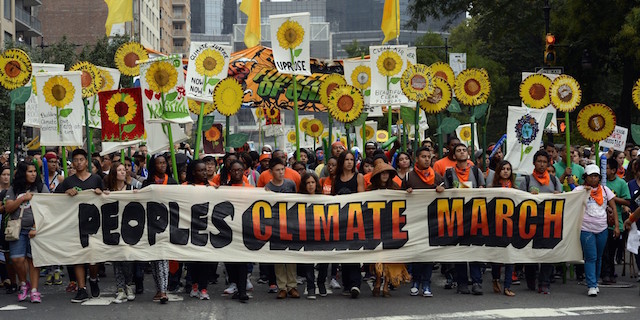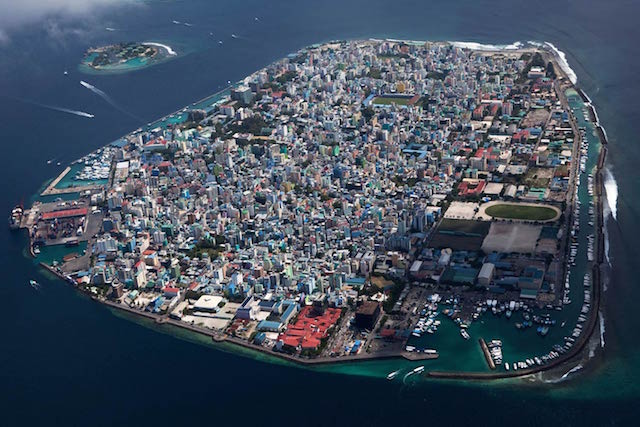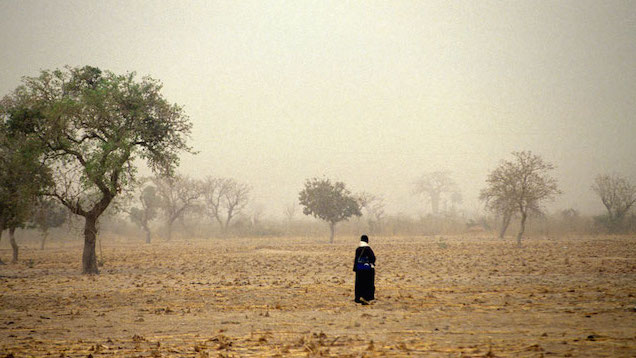PARIS (IDN) – Leaders from the U.S. and Canadian grassroots and indigenous communities have expressed their opposition to the proposed global climate agreement, saying that it falls far short of what is needed to avoid a global catastrophe.
With more than 100 delegates from dozens of climate impacted communities across the U.S. and Canada, the It Takes Roots delegation is calling on world leaders to emerge from COP21 in Paris with an agreement based on real solutions. COP21 is the 21st session of the UN Framework Convention on Climate Change from November 30 to December 11, 2015.




